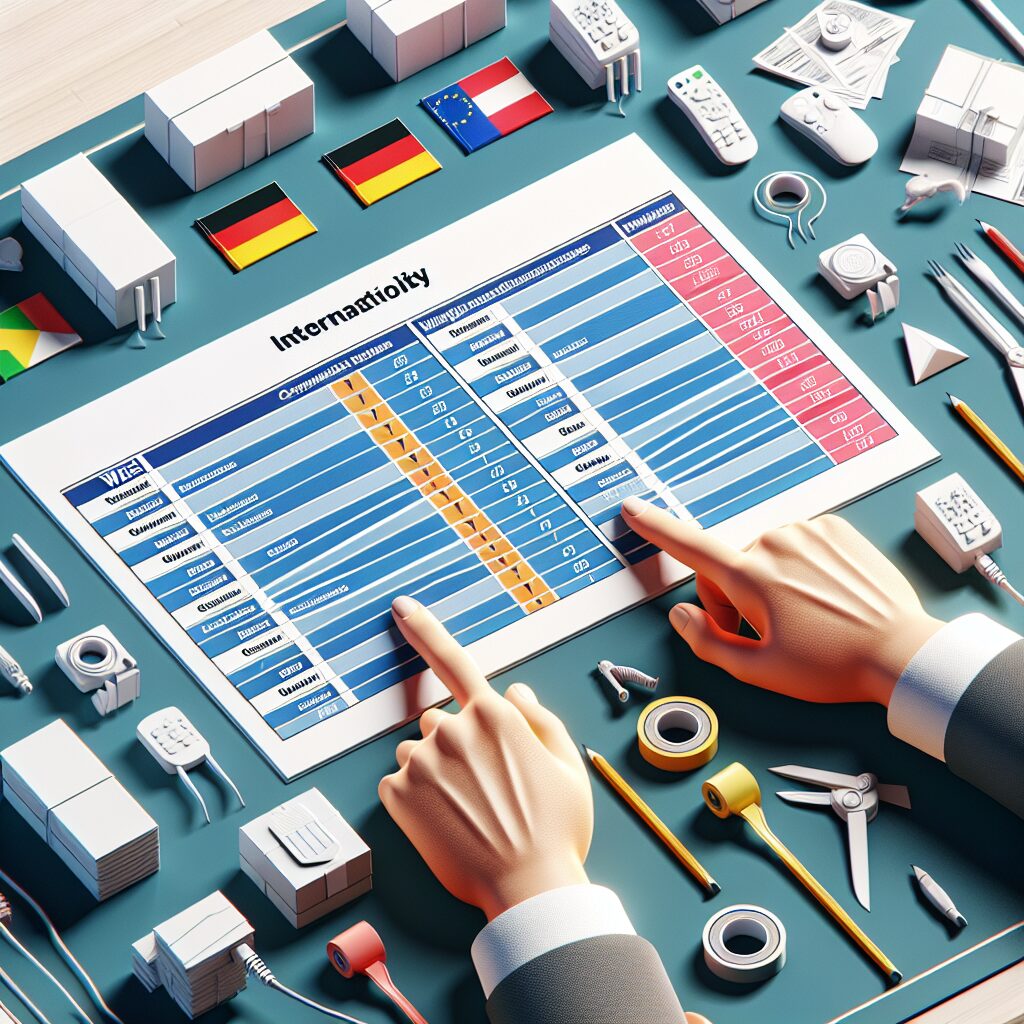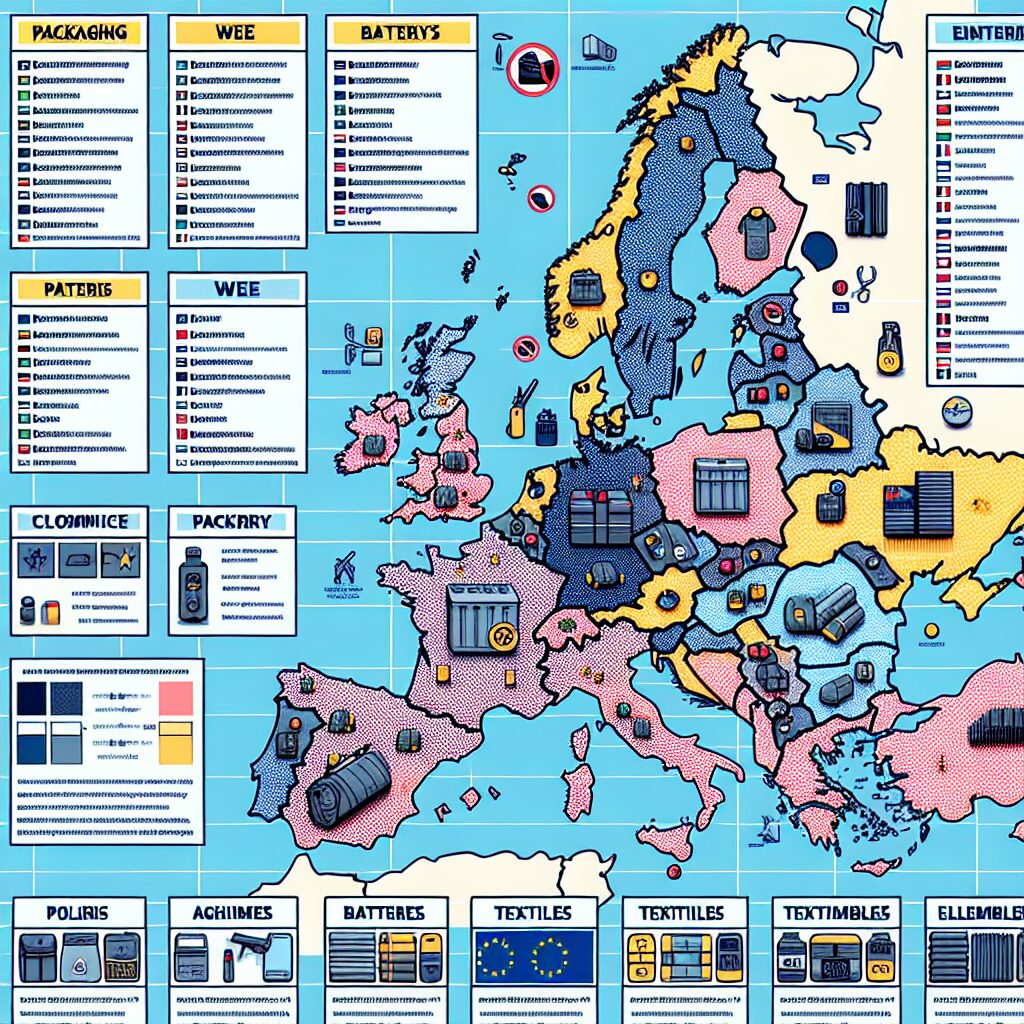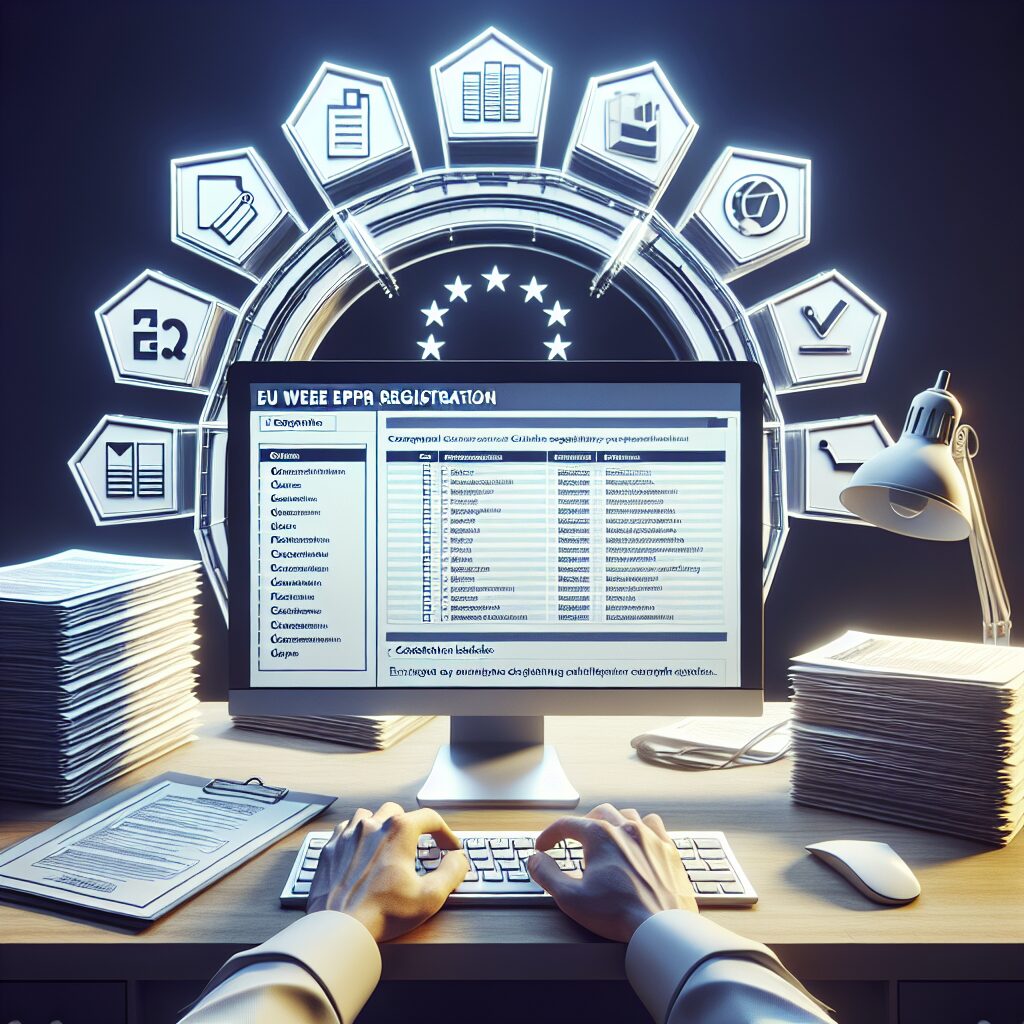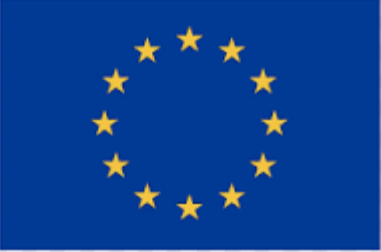About eldris
epr.eldris.ai leads the EPR sector, in fast, automated, AI Agent EU Complaince. LUCID Packaging, WEEE, and Battery Compliance for Brands, E-Commerce and Service based businesses expanding into the EU.
In This Article
- EPR Compliance is mandatory for most physical products sold in the EU.
- An EU Responsible Person is often faster and cheaper than hiring an attorney.
- Legal help is best reserved for disputes, appeals, and high-risk product scenarios.
- Automation tools like Eldris AI cut registration time by up to 70%.
- Flat-rate pricing models give predictable cost outcomes for growing businesses.
EPR Compliance in the EU: A Rising Need
Why EPR Regulations Affect All Product-Based Businesses
With the European Union stepping up enforcement efforts, EPR Compliance is no longer optional for brands selling physical products within its member states. The EU’s EPR framework requires that the producer – defined as the entity placing a product on the EU market – takes full financial and logistical responsibility for the post-use stage of their product’s lifecycle. This includes collection, recycling, and environmentally responsible disposal.
Whether you’re selling electronics, cosmetics, textiles, packaging, or batteries, specific directives govern your obligations under EPR. Non-compliance can result in serious consequences, including delisting from marketplaces like Amazon, monetary penalties, and even bans on trading in certain regions. As sustainability becomes a cornerstone of European policy, remaining ignorant or passive in this realm could critically damage brand reputation as well as bottom-line performance. Therefore, understanding and implementing EPR Compliance is now a strategic requisite, not merely a legal checkbox.
Manufacturers, importers, and brand owners alike must navigate national registers, documentation requirements, and logistical processes. Fortunately, one doesn’t always need to engage expensive legal experts. Alternative pathways, such as appointing an EU Responsible Person, offer both speed and affordability while maintaining legal integrity.

Understanding the EU Responsible Person Role
Key Responsibilities and Requirements
The concept of an EU Responsible Person originates in several EU regulations, including those overseeing cosmetics, medical devices, and other product segments. As far as EPR Compliance goes, an EU Rep acts as your authorised contact and representative within the European Union. They carry the obligation to maintain your compliance documents, communicate with market surveillance authorities, and ensure ongoing fulfilment of your obligations under applicable directives.
To legally operate in EU countries without your business being physically present there, you must appoint a Responsible Person based within the Union. This individual or organisation ensures that your product registrations, labelling, and document localisation meet market expectations and laws. Moreover, your EU Responsible Person becomes your local face—capable of interacting with national authorities and submitting your EPR documentation as per local jurisdictions.
In many cases, appointing an EU Rep is both a legal requirement and a significant business enabler. It reduces internal compliance costs, simplifies management, and provides a strategic roadmap to scale your product distribution in Europe without constantly battling bureaucratic red tape. Their specific duties vary depending on the product category, but their overarching value lies in streamlining obligations associated with EPR Compliance.
Attorney Involvement in EPR Compliance
When Legal Counsel is Necessary
While EU Responsible Persons serve as effective operational bridges, there are situations where involving legal counsel becomes crucial. If your product falls into a legal grey area or if you anticipate disputes with regulators, a commercial or regulatory attorney should guide your strategy. For example, new product types or disruptive innovations that challenge traditional classification models may require legal interpretation before registration under a national EPR scheme.
Attorneys also become essential when you’re appealing denied approvals, correcting historical non-compliance, or preparing for audits. In such scenarios, the stakes are high – financially and reputationally – and professional legal defence is non-negotiable. Furthermore, when expanding into particularly strict jurisdictions like Germany or France, legal clarity ensures that compliance frameworks align with nuanced national implementations of EU directives.
Still, it’s worth noting that using attorneys for routine tasks such as producer registration or packaging declarations may inflate costs and slow down time-to-market. This makes it vital for companies to assess whether legal complexity genuinely exists or whether an EU Responsible Person may suffice for the procedural and submission-based aspects of EPR Compliance.
Speed Comparison: EU Rep vs. Attorney
Which Path Delivers Faster Registration?
Speed is a critical factor in global commerce. E-commerce sellers, especially those operating in Amazon’s EU marketplaces, cannot afford long delays due to paperwork or legal bureaucracy. Typically, appointing an EU Responsible Person allows for considerably faster registration under Extended Producer Responsibility schemes than going through legal representatives.
Why? Attorneys tend to favour comprehensive legal analysis before submitting documentation. While this reduces risk, the timeline may span several weeks or even months. By contrast, EU Reps leverage automation, existing authority contacts, and streamlined templates to facilitate fast onboarding. It’s common for a qualified EU Responsible Person to complete EPR registrations within a few business days, provided the client submits necessary data on time.
Furthermore, partnering with organisations that embed tools like Eldris AI drastically cuts time further. These platforms often pre-fill compliance forms, check for accuracy, and directly submit data to national registers—all while avoiding manual back-and-forth and fee escalations. Therefore, sellers eyeing rapid expansion should seriously consider avoiding the slower legal route unless risk scenarios dictate otherwise. Optimising speed without neglecting precision is key to winning the compliance race.
Cost Analysis: Legal Fees vs. Flat Rates
Transparent Pricing and Avoiding Legal Surprises
Cost is another critical dimension in the debate between EU Reps and attorneys for EPR Compliance. Legal consultations often begin with hourly billing structures. When you account for discovery sessions, document drafting, submission reviews, and follow-ups, your EPR setup may end up costing thousands of euros – especially for multi-product or multi-country listings.
On the flip side, EU Responsible Persons typically offer flat-rate packages. These are predictable, scalable, and frequently inclusive of multiple services: translation, document storage, compliance updates, and submission tracking. Growing companies benefit from cost containment and planning, which are sometimes impossible when expenses are managed through a traditional legal model.
Moreover, platforms like Eldris AI combine legal assurance with fixed pricing, ensuring companies know the total cost from day one. Some include marketplace bridging integrations, direct connections with Producer Responsibility Organisations (PROs), and real-time dashboards to monitor EPR status across countries. With transparent pricing models, flat fees give clarity where lawyers may only offer estimates subject to change. For budget-conscious, compliance-focused brands, that trade-off is worth serious consideration.
Use Cases: When to Choose Each Option
Industry Scenarios and Compliance Priorities
Selecting between an EU Responsible Person and an attorney depends heavily on your sector and risk profile. For most consumer goods – such as packaging-heavy products, textiles, personal care items, or electronics – hiring a Responsible Person is sufficient for full EPR Compliance. These industries usually demand straightforward registration processes rather than deep legal review.
However, regulated sectors like pharmaceuticals or bespoke biotech equipment often require structured legal help. That’s where attorneys come in: navigating ethics protocols, safety benchmarks, and labelling nuances that generalist EU Reps may not cover. Similarly, if your business has already received violation notices or audit requests, an experienced compliance lawyer should lead your response strategy.
In practice, hybrid models also emerge. Some companies use EU Reps for routine tasks and reserve attorneys for escalations or high-risk markets. This tiered approach maximises efficiency and ensures both affordability and legal defensibility. While no one-size-fits-all solution exists, aligning professional choice with regulatory complexity is the proven path to consistency and compliance.
Case Study: E-Commerce Brand Expansion
Automating EU Compliance with an EU Rep
Take the example of a medium-sized skincare brand based in the UK looking to sell across Germany, Spain, and France via marketplaces. Faced with complex EPR rules in each country – from packaging declarations in France to mandatory take-back schemes in Germany – the founder opted against hiring legal counsel for every step.
Instead, the brand partnered with an EU Responsible Person agency equipped with Eldris AI. The tool automatically mapped each market’s requirements, organised documentation logistics, and filed producer responsibilities in all three nations within ten working days. Importantly, the brand avoided language barriers, paperwork errors, and late submission penalties.
This hands-off yet fully compliant strategy allowed the founder to focus on brand positioning rather than legal navigation. Within six weeks, the products appeared on Amazon EU listings with full compliance markers, paving the way for thousands in additional revenue. This case illustrates how choosing an EU Rep with the right systems eliminates dependency on expensive law firms for standard EPR Compliance work.
Step-by-Step: Appointing Your EU Responsible Person
Without Hiring a Costly Attorney
Appointing an EU Rep follows a logical procedure. First, identify the product types subject to Extended Producer Responsibility in your target countries. Platforms like Learn more about EU EPR Compliance & Regulatory Strategy help map EPR obligations based on keywords or product categories.
Next, gather all required documents—product specs, packaging details, and recycling plans. Once compiled, you can engage a compliance partner. Many firms now offer same-day onboarding via digital interfaces. Upon engagement, your EU Rep will issue a formal Letter of Appointment, file it with national registers, and start submitting on your behalf.
It’s that simple: no hourly legal rates, no slow contractual red tape. Just clear, standardised processes customised for specific jurisdictions. If you’re seeking accessible compliance without facing legal bottlenecks, the Direct-to-Rep model is a viable, scalable route worthy of adoption.
Tools That Accelerate EPR Onboarding
Eldris AI Automation vs. Traditional Legal Pathways
Modern tools increasingly drive efficiency in the compliance arena. Eldris AI, for instance, offers a full-stack digital solution that handles EPR workflow from start to submission. This includes product analysis, multi-country requirement mapping, file conversion, and digital recordkeeping – all driven by artificial intelligence designed for legislative parsing.
Compare this to traditional law firm pathways, which remain labour-intensive and document-driven. Legal reviews, while thorough, still rely on manual cross-comparisons, legacy filing methods, and subjective interpretation. With AI, decisions are data-backed, instantly verified against updates in national registers, and quickly corrected if issues arise.
Time-to-market is a defining advantage. Sellers using Eldris report onboarding times up to 70% faster than those choosing legal-only pathways. In addition, real-time notifications and change alerts empower brands to stay compliant dynamically rather than reactively. By embracing smart tools, businesses can win both speed and certainty in their EPR Compliance strategy.
FAQs and Common Compliance Misunderstandings
Answers to Marketplace and Legal Submission Issues
Do all Amazon EU sellers need EPR Compliance? Yes, starting 2022, Amazon enforces EPR requirements for packaging, batteries, and WEEE across Germany and France, expanding to more categories each year. Failure to provide valid registration can lead to delisting.
Can anyone act as an EU Responsible Person? No. Your EU Rep must reside in the European Union and typically requires industry knowledge, credentials, or licensing. They serve as your official contact point and must be listed on product labelling for certain sectors.
Is EPR required in all EU countries? Yes, though implementation varies by member state. Each nation operates under sector-specific rules derived from EU Directives. A multi-country compliance map is essential. Refer to Read a related article for a breakdown.
Where can I verify my producer registration status? Most countries maintain searchable databases under EPR registers. For Germany, the EAR register is publicly accessible. For other EU nations, trusted compliance partners or Learn to appoint an EU Responsible Person without expensive lawyers offer verification services.
“EPR compliance is no longer a blocker; tools like Eldris are flipping it into a fast-moving advantage for strategic EU market entry.”
Conclusion: Fast, Cost-Effective EPR Setup
The complexity surrounding EPR Compliance should not intimidate businesses ready to scale in European markets. Instead of defaulting to legal pathways with high costs and slow speeds, modern brands now opt for EU Responsible Persons equipped with automation-driven platforms. These professionals accelerate onboarding, minimise risk, and maintain full compliance across multiple jurisdictions—without the overhead of traditional legal approaches.
Understanding when to hire legal counsel versus when to delegate to qualified reps is the key to sustainable compliance. When approached strategically, EPR becomes just another managed function—much like tax or shipping—not an unpredictable legal hurdle. With the right combination of tools, insights, and representatives, companies can embrace compliance as a launchpad, not a roadblock.
Great guide on eu-responsible-person-vs-attorney-epr-speed-and-cost-interactive – Community Feedback










